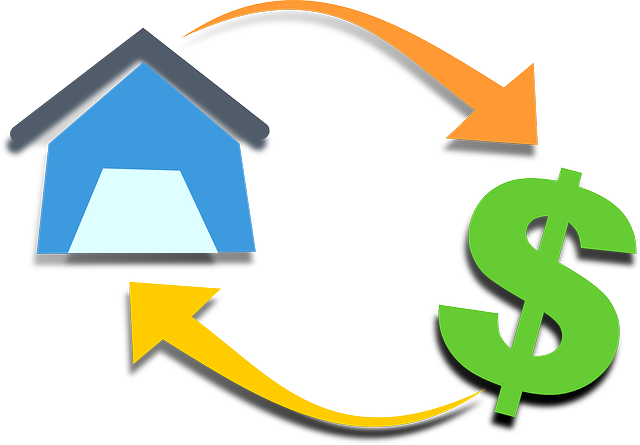In real estate, closing costs are a crucial but often overlooked aspect for buyers and sellers. Expenses like title searches, appraisals, escrow services, and taxes can impact financial outcomes. Effective management, proactive budgeting, transparency with professionals, and strategic shopping around for mortgage loans help buyers maximize savings and make informed decisions in the competitive real estate market.
In the world of real estate, understanding closing costs is key to maximizing home ownership savings. This article guides you through the intricacies of closing costs and their significant impact on your financial strategy. Learn how these fees can either impede or enhance your long-term savings goals. Discover practical tips to minimize costs, making your dream home more attainable. From comprehending various charges to employing smart negotiating tactics, navigate real estate with confidence, ensuring substantial savings.
Understanding Closing Costs in Real Estate

In the realm of real estate, closing costs are an essential aspect that often gets attention later in the buying or selling process. These are various expenses associated with finalizing a property transaction, which can significantly impact one’s savings. Closing costs typically include a range of fees, such as title search and insurance, appraisal, escrow services, and various government taxes and charges. Understanding these costs is crucial for buyers and sellers alike to ensure they have adequate funds and make informed financial decisions.
For instance, in a bustling real estate market, buyers may be under pressure to compete with multiple offers, potentially leading to higher closing expenses. On the other hand, sellers might need to consider negotiating these fees as part of the overall deal to maximize their savings. Keeping track of these costs and consulting professionals can help navigate the process effectively, ensuring that the final transaction is beneficial for all parties involved.
How Closing Costs Impact Savings Strategies

Closing costs, a significant aspect of real estate transactions, can either enhance or hinder savings strategies. When well-managed, these expenses can contribute to a more robust financial plan. Many first-time homebuyers often underestimate the impact of closing costs, which include various fees and charges associated with purchasing a property. These costs can range from appraisal fees, title search expenses, and real estate agent commissions to lender fees and insurance premiums.
By understanding and budgeting for these expenses in advance, buyers can strategically allocate funds, potentially avoiding overspending. Effective savings strategies involve setting aside a portion of the purchase price specifically for closing costs, ensuring financial stability throughout the process. This proactive approach allows individuals to navigate the real estate market with confidence, making informed decisions that balance their budget and long-term financial goals.
Minimizing Costs for Maximum Home Ownership Savings

In the realm of real estate, understanding and minimizing closing costs is a game-changer for prospective homeowners seeking maximum savings. Closing costs can often be a significant barrier to entry, but with strategic planning, these expenses can be navigated effectively. One key approach is to prioritize transparency and communication with lenders and real estate agents. By asking questions and clarifying various charges, buyers can avoid unexpected fees.
Additionally, shopping around for competitive rates on mortgage loans can significantly reduce closing costs. Several options exist, including government-backed loans or adjustable-rate mortgages, each offering unique benefits tailored to individual financial circumstances. Proactive research and comparison empower homeowners-to-be to negotiate better terms and ultimately save money in the long run.






